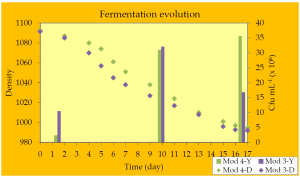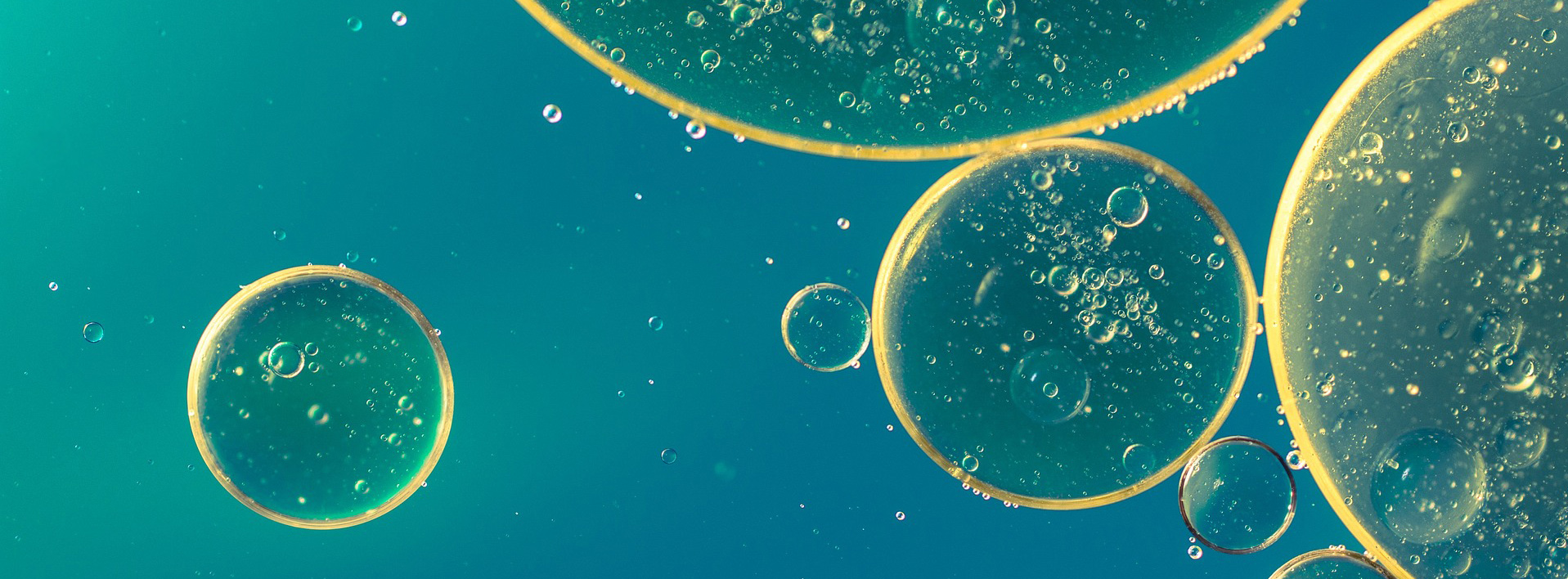
Duarte, Filomena L.; Margarida Baleiras-Couto, M.
Wine production has developed from spontaneous to controlled fermentations using commercial active dry yeasts (ADY). In this study, S. cerevisiae commercial ADY were tested, and yeast community dynamics were monitored at different fermentation stages in three winery-based trials with volumes ranging from 60 L to 250 hL. The differentiation of S. cerevisiae strains was achieved using microsatellite markers. In Experiment 1, results showed that both ADY strains revealed similar profiles, despite being described by the producer as having different properties. In Experiment 2, higher genetic diversity was detected when co-inoculation was tested, while in sequential inoculation, the initial ADY seemed to dominate throughout all fermentation. Pilot-scale red wine fermentations were performed in Experiment 3, where one single ADY strain was tested along with different oenological additives. Surprisingly, these trials showed an increase in distinct profiles towards the end of fermentation, indicating that the dominance of the ADY was lower than in the blank modality. The use of ADY is envisaged to promote a controlled and efficient alcoholic fermentation, and their purchase represents an important cost for wineries. Therefore, it is most relevant to survey commercial ADY during wine fermentation to understand if their use is effective.



